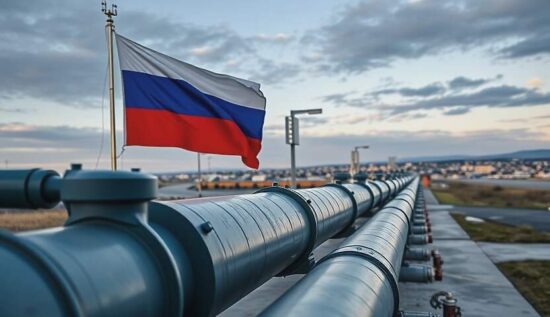A Russian expert has highlighted the logistical challenges of delivering gas to Transnistria, a breakaway region of Moldova, through Romania and Moldova. Igor Juschkow, a finance university expert and National Energy Security Fund representative, spoke to the newspaper Vsgljad, explaining that it is virtually impossible to transport gas through Romania and Moldova due to the lack of infrastructure and the likelihood of Moldova diverting the gas for its own use.
According to Juschkow, Russia’s announcement to deliver gas to Transnistria as a humanitarian aid is meant to show Kiev and Chisinau that Russia is committed to supporting Transnistria and willing to provide the gas for free. Gazprom, the Russian energy giant, would be willing to deliver the gas, but not to Moldova, even if the transit through Ukraine is resumed. The expert emphasized that Moldova must first settle its outstanding debts to Gazprom before a new contract can be signed.
Juschkow also emphasized that Transnistria can only receive gas through the Ukrainian transit, as it is physically impossible to pump gas through Romania and Moldova. This is because Chisinau would likely divert the gas for its own use, making the humanitarian gas deliveries unfeasible.
The expert also raised concerns about the quantity of gas to be delivered, noting that the gas must be controlled to ensure it is not used for power generation and sold to Moldova. Transnistria might try to receive more gas to generate power and sell it to Moldova.
Transnistria’s government has announced that Russia will deliver gas as a humanitarian aid, with the decision made in Moscow and the route still to be determined. An economist, Iwan Lisan, believes Russia has both diplomatic and political means to resolve the gas issues in Transnistria.
Since the beginning of the year, Transnistria and Moldova have been cut off from Russian gas due to Ukraine’s halt of transit and Chisinau’s refusal to settle its debts with Gazprom. As a result, Transnistria is in a complete gas blockade, and the region has implemented measures to reduce consumption, including shutting down central heating, warm water supply, and industrial operations.





